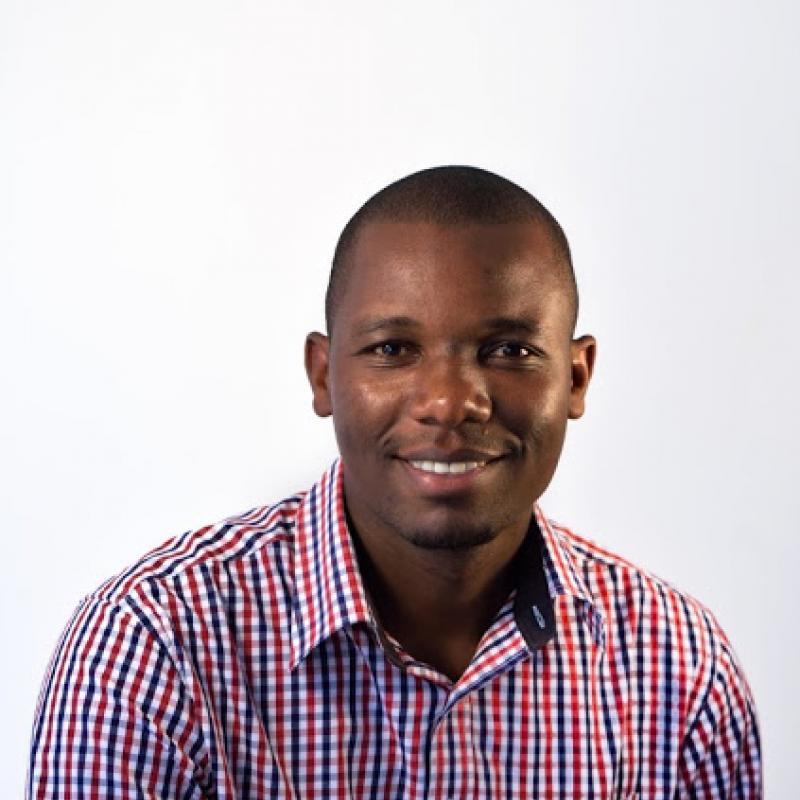Ojok Reagan Ronald is the Senior Monitoring and Evaluation Officer at Uganda Development Bank, a national Development Finance Institution. Reagan is experienced in setting up monitoring and evaluation systems which track performance of complex projects in social sectors, networks & coalitions, humanitarian emergencies, policy influence and advocacy. He has over 9 years of experience in economic research and analysis, conducting and commissioning evaluations, application of economic principles in development programmes. He has a diversity of experience and profession, having worked in the private and public sectors in Uganda and Kenya.
Ojok is a graduate of Development Economics and MA Economic Policy and Management of Makerere University. He holds postgraduate training in Project Monitoring and Evaluation. He is trained in Outcome Mapping & Harvesting from University of Bologna-Italy, Gender Equality for Development Effectiveness from International Training Center of ILO in Turin-Italy. He is a member of European Evaluation Society, African Evaluation Association (AfrEA) and Uganda Evaluation Association (UEA).

REAGAN RONALD OJOK
SENIOR MONITORING AND EVALUATION OFFICER UGANDA DEVELOPMENT BANKDear Natalia,
I would like to thank you for raising this issue. No doubt it’s of very high importance.
The Devil’s Advocate:
I have not seen anyone responding as a commissioner and allow me to attempt to fit in their shoes in this scenario. I begin by making this simple assumption: That most evaluation handbooks are developed by competent consultants who are proud to call themselves international with very voluminous CVs.
Secondly, let us face the reality here. Everyone is criticizing the institutional evaluation handbooks as most time "poorly developed" with a lot of gaps. Who develops those handbooks? Is it not us the consultants? Let us own our mistakes as evaluation consultants that sometimes we end up setting traps for our colleagues in the future by producing work of low quality.
Similar challenges due to differences in terminologies
This is a very common challenge. In my opinion, definition is not cast in stone and I subscribe to the school of thought that is flexible enough to modify it here and there due to complexities in other sector. My approach has always been bringing the matter to the attention of the evaluation management team. Based on what is emerging, I would suggest possible working definitions so that the depth and breadth of the evaluation is appropriate to accommodate whatever is emerging. I think in your case, you stood a better chance of providing findings that might influence the review of the handbook if it has become very limiting in its definition and approach.
I hope my one cent contribution gets a soft landing in the ears and hearts of fellow evaluators.
Thanks